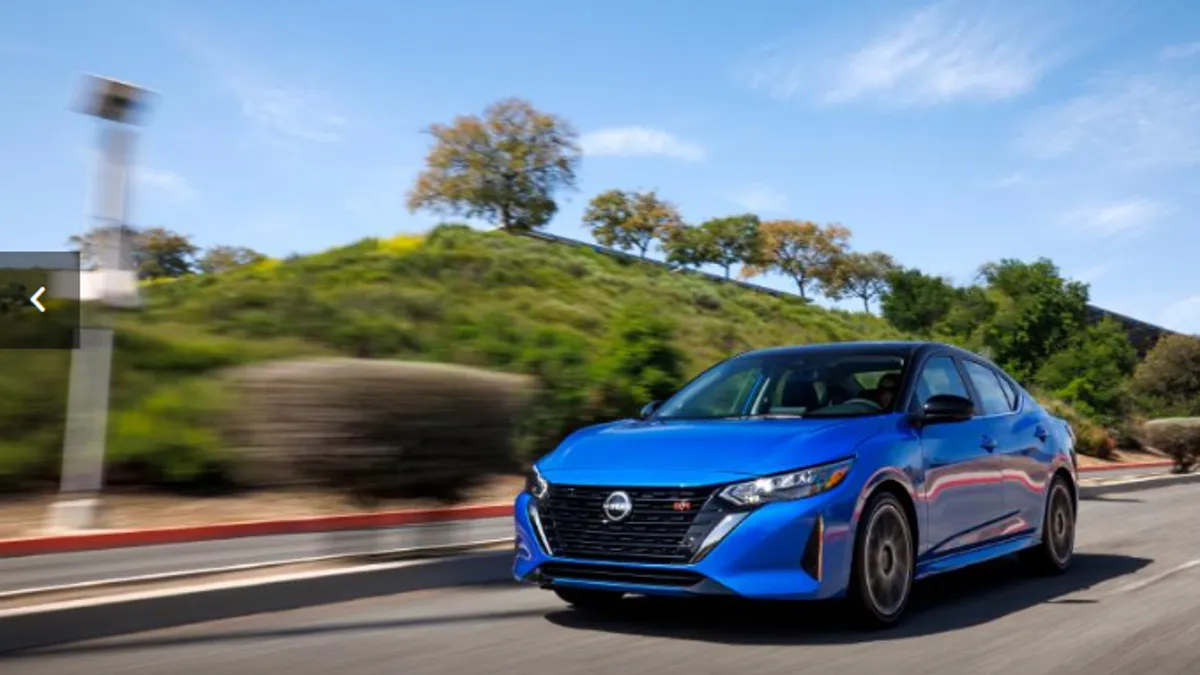Building more vehicles in Japan and fewer in Mexico is just one strategy being considered by Nissan Motor Corp. to mitigate higher duties on products entering the U.S., president and CEO Makoto Uchida said on an earnings call with analysts on Feb. 13.
However, Uchida’s comments preceded remarks made by President Donald Trump on Feb. 14 who indicated a new tariff on automotive imports was coming in early April. Trump said during a press conference on Tuesday that tariffs on automotive imports as well as on semiconductors and pharmaceuticals would be around 25%.
Prior to Trump’s latest threat on automotive imports, global automakers including Nissan have been considering strategies to mitigate the previously announced tariffs. This includes a 25% duty on products entering the U.S. from Mexico and Canada, which has been delayed until March.
Uchida said Nissan could move some vehicle production out of Mexico and back to Japan to lessen the impact of the blanket 25% tariff on imports from Mexico, but even that would provide little relief and would represent a “huge impact to profit.”
Now that a merger with Honda Motor Co. will not happen, Nissan has refocused on cost reduction strategies to improve profitability, including global workforce and production reductions.
But Nissan isn’t alone, General Motors also is weighing strategies to protect its bottom line. Ford Motor Co. CEO Jim Farley said during an investor conference that a 25% tariff on goods coming into the U.S., from Mexico and Canada would be detrimental to the U.S. auto industry.
Nissan, GM and Ford are among the automakers with a major presence in Mexico. About 76% of the estimated 3.5 million vehicles manufactured in Mexico annually are imported into the U.S. according to 2023 data from the International Trade Administration.
Nissan built 382,852 vehicles in Mexico in 2024, according to the Asociación Mexicana de La Industria Automotriz.
Although shifting some production from Mexico back to Japan may offer financial relief from previously announced duties, Uchida saw that move as a “backup plan” but noted the company was also weighing other options, but did not discuss specifics.
“We’re thinking of an optimized plan in order to back up to the possible implementation of high tariffs against Mexico,” Uchida said.
While the U.S. market is important to Nissan, the automaker also is focused on growing its business in other countries, including China and India. Uchida said the company sees opportunities to increase exports out of China to the Middle East “where there is demand.”















